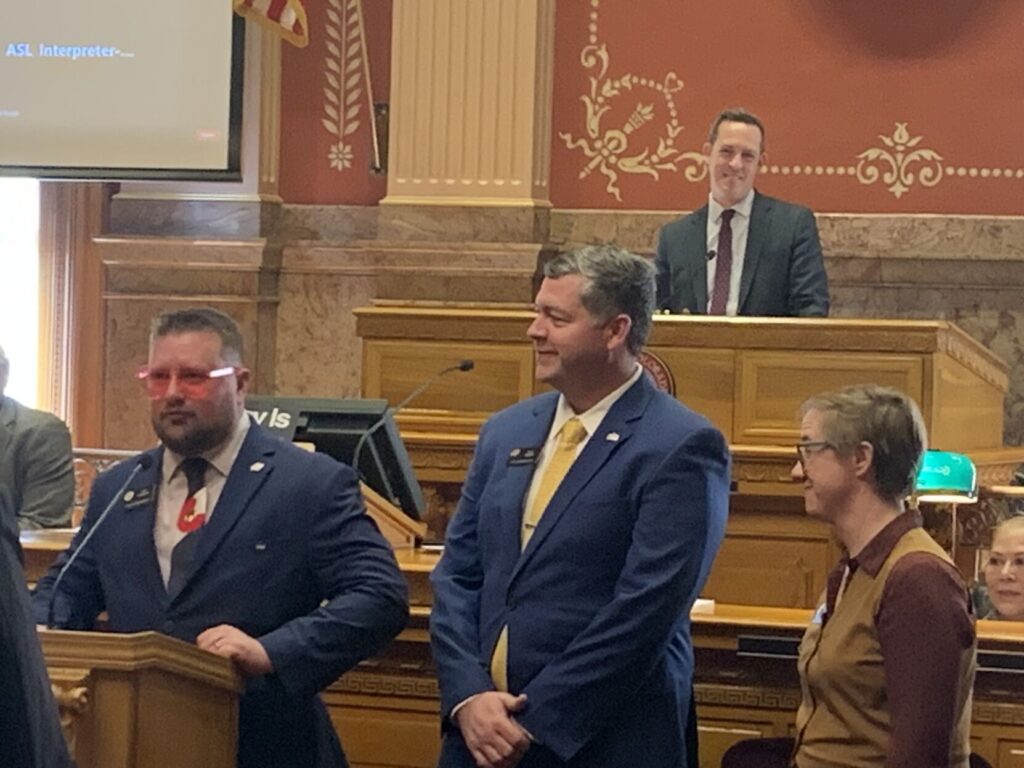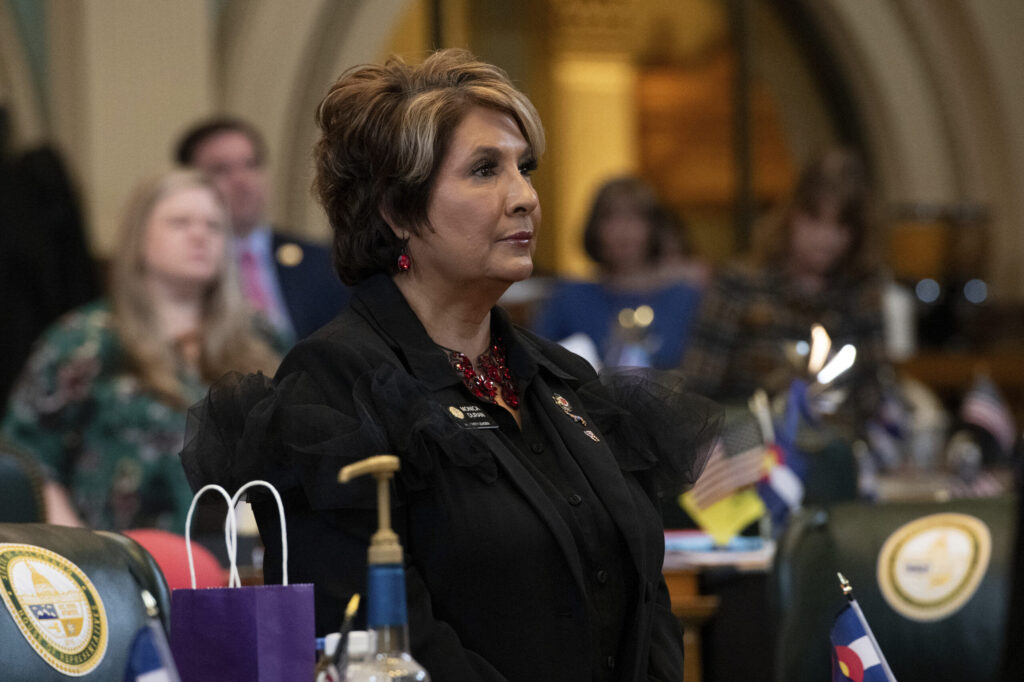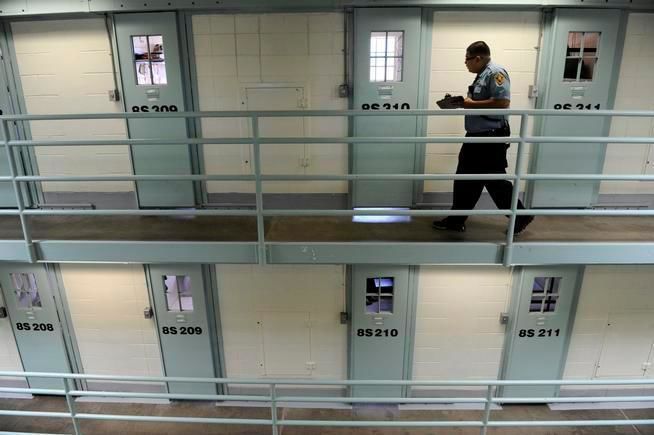‘Families have been let down’: Colorado’s troubling assisted living deaths stir calls for action

A Colorado lawmaker along with a national advocate for the elderly have called on Gov. Jared Polis and the state’s health department to do more to protect vulnerable assisted living residents following revelations by The Gazette of underreported deaths and a lack of substantial consequences to facilities after tragedies.
State Sen. Jessie Danielson, D-Jefferson County, said this week she was “deeply saddened, angry and disgusted” not only by the number of preventable – and often horrific – deaths, but also by the lack of accountability that followed.
“I cannot see how anyone could not be disturbed after reading this,” she said.

On July 6, The Gazette published an investigation that examined nearly five years of occurrence reports submitted by assisted living facilities to the Colorado Department of Public Health and Environment. That investigation found not only 110 documented deaths categorized by the state as “unexplained or suspicious,” but also three dozen additional assisted living deaths in the records classified as something other than a death. There were other deaths never reported at all.

The Gazette further revealed that even cases of fatal neglect or abuse rarely resulted in criminal charges, and that the fines levied by CDPHE, the regulatory agency that is supposed to investigate violations and issue penalties, were often minimal.
Under current state law, the maximum fine is $2,000 per facility per year no matter the number of violations – an amount even the industry acknowledges is low and equates to roughly a week’s rent at some facilities in the state.
The Gazette found, though, that even in death cases, CDPHE has issued less than the maximum and sometimes no fine at all.
Danielson faulted CDPHE for not levying the maximum fines in the most serious cases. But she also said ultimate responsibility rests with the governor, who oversees the state agency.
“The governor and CDPHE need to fulfil their responsibility to hold these places accountable,” she said.
“The governor’s heart breaks for those who have lost family members and deeply values the contributions older Coloradans have made to the Colorado way of life,” a Polis spokesperson told The Gazette in an emailed statement in response to the publication’s investigation and the resulting call to action.
The spokesperson pointed to the governor signing into law SB-154 last year, a measure that, in part, will increase possible fines against assisted living facilities.
The measure, first introduced by Danielson, initially proposed no limit on the amount facilities could face. But in a compromise before passage, the bill was rewritten to say fines could rise to as much as $10,000 per incident with the possibility of more in especially serious cases of neglect and abuse.
Set to go into effect next year, the final details of the law are still being reviewed by the state. It remains unclear how it will be implemented.
The governor’s office said in its statement that he is “open to exploring additional ways to hold those who care for older Coloradans accountable for outcomes.” The spokesperson declined to elaborate what that might include.
In an emailed statement, a CDPHE spokesperson said, “fines are only one of the tools we use to ensure facilities are providing acceptable levels of care.” The agency further said that while the current fine of $2,000 is low, “it is an effective enforcement tool, and we must strategize how we apply it.”
“Even in situations where the deficiencies are egregious, we balance whether to use the entire fine amount for one occurrence or to reserve the ability to leverage fines for potential future violations,” the statement said.
Leah McMahon, the Colorado long-term care ombudsman, acknowledged in an emailed statement that “families have been let down,” adding “the lack of funding to the state agency (CDPHE) to hire more surveyors and lack of enforcement of the regulations speaks to the value that has been placed on the lives of vulnerable adults and that needs to change.”
Bob Blancato, national coordinator of Washington DC-based Elder Justice Coalition, said The Gazette investigation has been shared widely among national advocacy groups and prompted alarm particularly as the assisted living industry has grown into an estimated $96 billion market nationwide and continues to be unregulated by the federal government.
“An unregulated $96 billion market should not be allowed in this day and age especially when it involves the care of vulnerable older adults,” he said this week. “It is time for the relevant agencies at the local, state and national level to discharge their responsibilities in making sure that admission into an assisted living facility is not a death sentence.”
Danielson, while hopeful the increased fines next year will prompt change by hitting the industry in the wallet, said “we don’t need to wait for the new law. Something needs to be done now.”
As for the growing number of Colorado families who have a parent, spouse or grandparent in an assisted living facility, she said: “We owe it to them to do better.”













